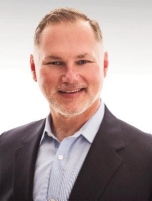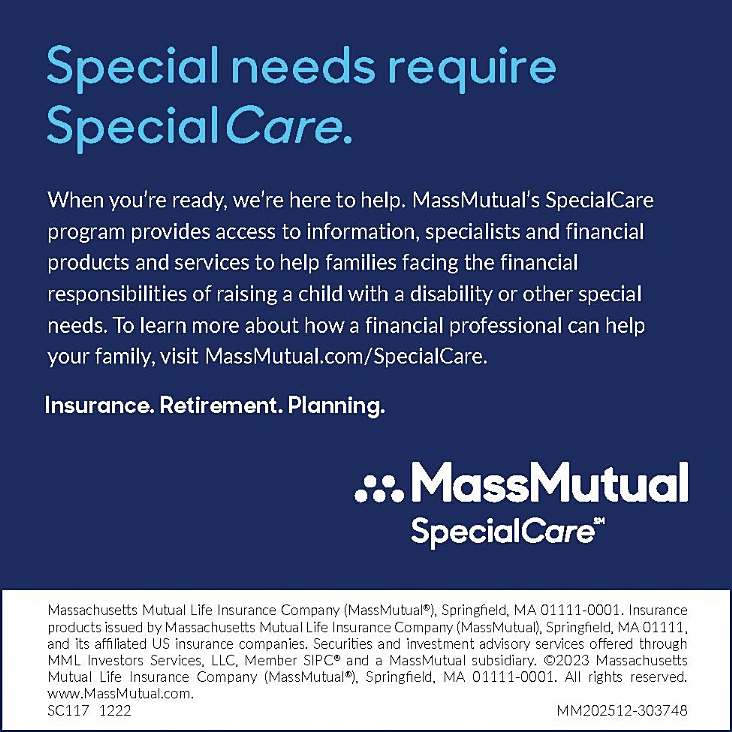disabilities. This tool is designed to be used by family members and other supporters. Looking at serial measurements annually or every six months can help determine if a person is having a functional decline, but does this mean that the person definitely has dementia? No, it does not. Ruling out other causes for symptoms consistent with dementia is also very important. Mental health conditions, untreated sleep apnea, metabolic toxicity including alcohol, medication side effects, vitamin deficiencies, brain tumors, and thyroid, kidney, and liver disease can all present with signs resembling dementia. However, having the type of information that the EDSD can provide can be very helpful to a clinician in determining whether or not a person has evidence of dementia. When we see changes in cognition, we should never hastily conclude that it is due to dementia, but instead look for treatable underlying causes, such as, those mentioned above. Working with a clinician knowledgeable about dementia in people with disabilities is advisable.
People with Down Syndrome are at a much higher risk of Alzheimer's type dementia. People with Down Syndrome have an extra copy of chromosome 21, which also carries a gene responsible for producing a protein called amyloid precursor protein. Too much buildup of this protein in the brain leads to beta-amyloid plaques, which are implicated as a significant cause of Alzheimer's disease. It is estimated that 50% or more of people with Down Syndrome will develop Alzheimer's, and they are more likely to develop it earlier than those without Down Syndrome. It's recommended that screening for dementia using a tool like the EDSD be started at age 40.2
- National Institute on Aging. 2020. Alzheimer's Disease in People With Down Syndrome: nia.nih.gov/health/alzheimers-dis- ease-people-down-syndrome
There have been significant advances in research on Alzheimer's disease, including the development of blood tests and more sensitive brain scans that can help diagnose Alzheimer's dementia. While these tests are currently not available everywhere, soon, we should have widespread availability of blood testing to diagnose the condition. There have also been advances in medication treatment options for dementia, and
current trials are promising for the availability of effective treatment options, in the near future. As with any new treatment, caution is warranted before starting medications. One should always weigh the risk and benefits of treatment, and include frank discussions with the clinician, the person for whom treatment is being considered, and the person’s support network, to help ensure that the best decision is made for each person
People who are supporting those with dementia also need support. The NTG also has a Family Support Committee.
People who are supporting those with dementia also need support. The NTG also has a Family Support Committee. Activities of the committee include providing written and public comments on federal issues related to dementia, as well as an inclusive, monthly, national online support group for family caregivers, and the option to participate in a Facebook group for caregivers and professionals supporting individuals with Down Syndrome and Alzheimer's disease. You can learn more about the NTG Family Support Committee by visiting the-ntg.org/family-caregivers.
Realizing that someone we love is showing signs of dementia can spark a wave of fear and anxiety. Ensuring a proper diagnosis, involving compassionate clinicians, and aligning ourselves with others facing similar situations, can help us gain understanding and position ourselves to continue to grow and thrive in a life that, despite challenges, is filled with many joys and blessings.
ABOUT THE AUTHOR:

Dr. Craig Escudé is a board-certified Fellow of the American Academy of Family Physicians and the American Academy of Developmental Medicine and President of IntellectAbility (replacin- grisk.com). He has over 20 years of clinical experience providing medical care for people with IDD and complex medical and mental health conditions. He is the author of Clinical Pearls in IDD Healthcare and developer of the Curriculum in IDD Healthcare, an eLearning course used to train clinicians on the fundamentals of healthcare for people with IDD. He is also the host of the IDD Health Matters podcast.
